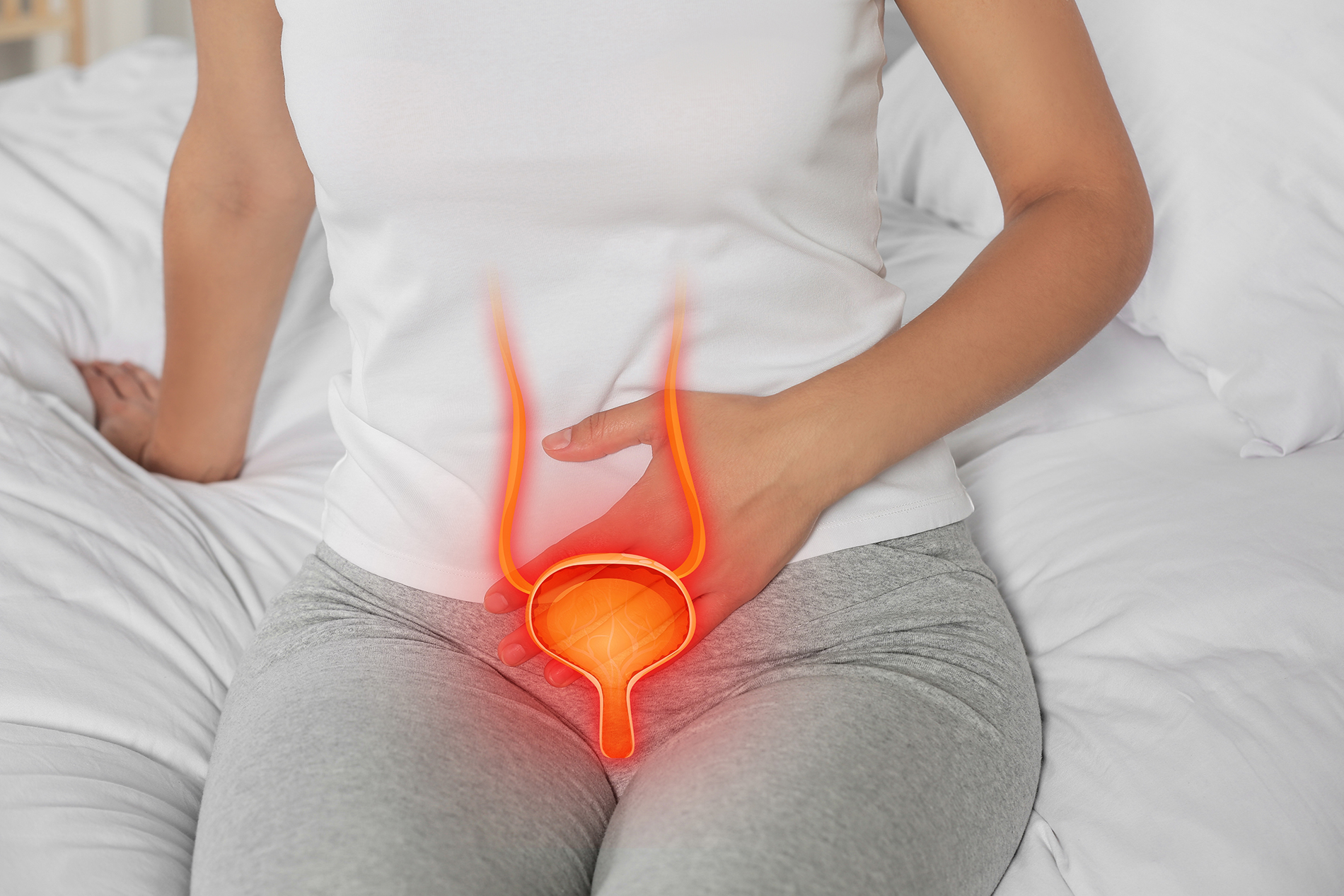She's one of the most famous soap opera stars of all time, starring on All My Children for decades. This week, Susan Lucci opened up about a real-life heart scare she had recently. The actress nearly died from a heart attack. With heart disease being the #1 killer of women, her story has an important lesson about listening to your symptoms and seeing your doctor. Here is an interview from NBC Nightly News.
According to William D. Brearley, Jr., MD, of Lexington Cardiology, a Lexington Medical Center physician practice, heart attack symptoms in women can be atypical. Chest discomfort is most frequent, however other less recognized symptoms include back pain, fatigue, breathlessness and arm or joint pain. Women do not always present with the classic feeling of the “elephant on your chest,” which is more common in men. Misdiagnosing these symptoms as being caused by stress or a hectic schedule can be deadly.

"I’ve heard several women say, 'I never thought I’d have a heart attack,'” Dr. Brearley added. "No one thinks it’s going to happen to them. Unfortunately, that’s not true. More than 200,000 women in our country die each year from heart attacks."
Women should have an annual physical with a blood pressure check and lipid panel. Symptoms and cardiovascular risk factors should also be reviewed.
A lipid panel is the measurement of different components of cholesterol in your blood. Cholesterol is a fat-like substance in your bloodstream. There are two types: LDL is known as “bad” cholesterol because it contributes to plaque formation in arterial walls. This plaque can narrow your arteries or rupture, causing a heart attack. HDL is called “good” cholesterol because it carries cholesterol to your liver, where it’s removed from your body.

There are different target levels of LDL cholesterol, depending on risk factors and existing conditions such as diabetes or known coronary artery disease. In low risk patients, LDL should be less than 160 mg/dL. HDL should be greater than 40 mg/dL, and triglycerides should be less than 150 mg/dL. Exercising and limiting saturated fats in your diet helps to lower your cholesterol.
Don’t ignore symptoms; talk to your doctor. Exercise regularly, don’t smoke, and eat nutritious foods. Be a positive example to others. Heart disease risk factors including diabetes and obesity rates are climbing in our community, in adults and in children. Let’s work on keeping our hearts healthy.
Lexington Medial Center wants you to "Just Say Know" to heart disease. Visit LexMed.com/Know to test your heart health knowledge with a quiz.




